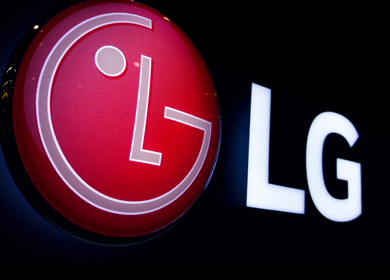The rise of cookie alternatives: marketers, are you in the know?
Published: April 19, 2023

While publishers and media owners are concerned about the impact of a cookie-free world, Graham Media, a local publishing group, recently tested Google's cookie alternatives to demonstrate how publishers might begin using new ad targeting tactics.
Graham Media Group operates local television news stations and websites through hubs in various regions of the USA. Graham Media is one of the companies most affected by cookie deprecation after Apple discontinued cookies in Safari in 2017.
As an impact, Graham Media has been testing with more contextual targeting, which means insights from what consumers read rather than data based on off-site internet activity and more anonymous data.
The transition to cookie alternatives is tricky, but Graham Media was committed to using new forms of ID that don’t trace back to people’s personally identifiable information.
Michael Newman,
Director of Transformation, Graham Media Group
Graham Media’s recent experiment using Google’s publisher-provided ID:
Graham gathered first-party data by surveying visitors to its websites. The survey responses were used to generate anonymous IDs that notified ads for people who came back to Graham Media websites.
According to Graham Media, PPID helped generate more clicks on the ads than ads that did not use the signal, with a 29% higher click-through rate compared to ads that did not have audience data attached. CPMs have increased by about 6% since the implementation of PPID.
Graham Media sees this as a step towards reclaiming what was taken away from programmatic advertising when Safari and other browsers went cookieless, but it's unclear what it will look like on Chrome when Google blocks cookies.
Graham Media stated that it would continue testing with Google's PPID, encrypted signals, and other options available.
Graham Media also collaborates with the Local Media Consortium, a group of publishers working on a NewsPassID that claims to limit "third-party access to audience data."
What do Graham Media Group’s cookie alternative experiment results mean for marketers?
With the cookie-less world getting closer, finding a way to understand the audience’s preferences and choices so as to sharpen the targeting is the need of the hour for brands and marketers.
While, on the one hand, Google experiments and releases a positive report on using privacy sandbox to replace cookies, the Graham Media Group test results with PPID give marketers a big relief and boost to face a cookie-less world.
That said, tracking with PPID has its own limitations—marketers have to find a way to get users to login and engage, as each PPID is connected to a user that is logged in. However, we believe it can still help marketers in many ways to better target their audiences in a cookie-less world.
To improve ad relevance:
As behavioural data is the basis for precise targeting on websites, showing relevant ads will become a huge challenge for marketers with the death of cookies. But, while using PPID, marketers can surpass this challenge and potentially deliver more relevant ads to users in a cookie-less world. This can, in turn, help them improve the user experience and increase engagement with ads.
To enhance cross-device targeting:
As cookies are typically associated with a single device, it limits the effectiveness of ad targeting for marketers. But while using PPID, they will be able to track user behaviour across devices, which can lead them to improve ad targeting accuracy.
Ability to provide great control for users while enhancing targeting:
With data privacy regulations becoming more stringent, strengthening ad targeting capabilities while respecting user privacy is a huge challenge marketers are facing. Marketers can use PPID to give users more control over their data and the ads they see, as users can easily opt out of ad targeting by resetting their PPID. At the same time, it will also help marketers gain a more accurate understanding of how users interact with their ads, which can help them optimise their campaigns for better performance.
In essence, the world without cookies is not far away. Thus, it is important for marketers to keep an eye on the experiments that are made to overcome the challenges successfully. In that regard, Graham Media Group’s new test reports are indeed giving a great boost and hope to marketers to face the cookie-less world.










Be the first one to comment.